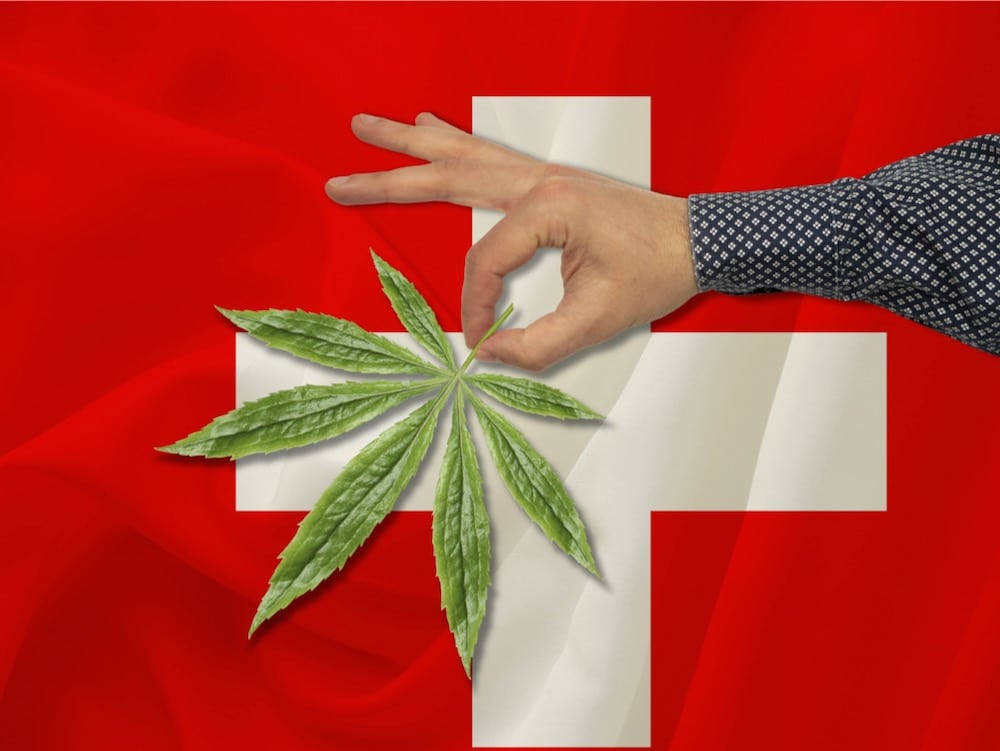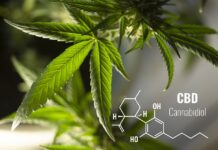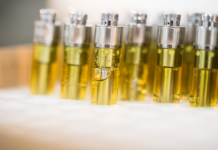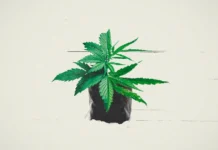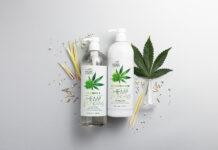Globally, the United States market is regarded to be the biggest market when it comes to CBD & other cannabis-related products. The CBD market is soon going to be valued as a billion-dollar industry in the United States. The tremendous success that the U.S. has had in this segment can be associated with a couple of things. Firstly, its population and market size are quite big which automatically increases the demand for the products.
Secondly, the progressive laws in place and support from the government prove to be a big boost for the industry. While Switzerland might not have a population as big as the U.S., it certainly has a very progressive government. In fact, Switzerland can be termed as the dark horse in this industry. Ever since the production of hemp has been legalized in the country, the industry has achieved tremendous growth & success. It might even go on to become the central hub of CBD in Europe.
This article will shed some light on what CBD is & then focus upon the special case of CBD in Switzerland.
What is CBD?
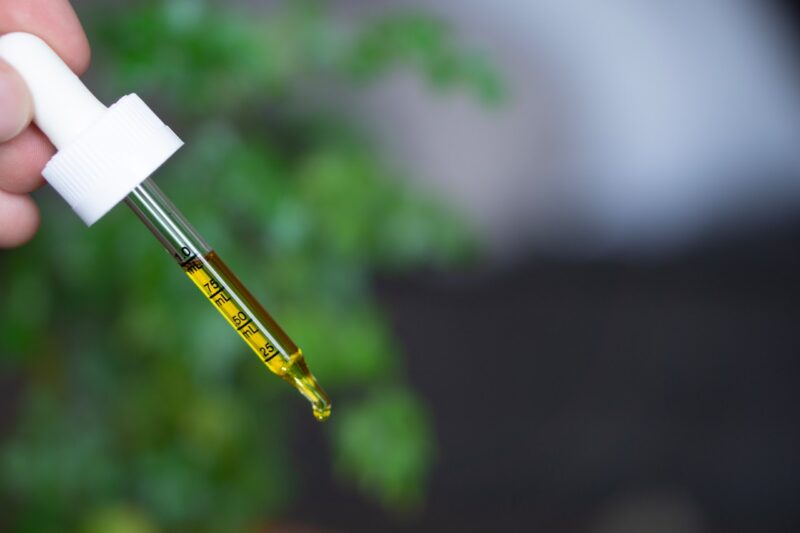
The cannabis plant is found in multiple varieties like marijuana, hemp, etc. and produces multiple cannabinoids. One such cannabinoid is CBD. It stands for cannabidiol and is extremely popular worldwide for its various uses-medicinal, recreational, etc. The production and consumption of CBD are subject to different regulations worldwide. This is primarily owing to the multiplicity of cannabis plant variety. These different varieties of cannabis plants differ in terms of their chemical and biological properties. As a result, different rules apply to different varieties of cannabis plants.
Marijuana and hemp are two major varieties of the cannabis plant. The major difference between the two is the THC (Tetrahydrocannabinol) concentration in the two varieties. THC is the substance or component that is mainly responsible for producing the desired ‘high’ effect. It is psychoactive in nature. While marijuana-based cannabis plants are high in THC concentration, the hemp ones are on the lower side.
CBD cannot get you high since it is not psychoactive in nature. It is rather the THC concentration which determines the effect that a given product will have on the consumer. Also, it is the THC concentration which decides whether a given product will be treated as a narcotic or not.
Thus hemp-based CBD products are more than likely to fall under the permissible consumption and production category. On the other hand, marijuana-based products will generally fall under the Narcotics regulations of a country and might even be illegal.
CBD Regulation in Switzerland

-
The 1% THC Threshold
The Swiss regulation in relation to the THC concentration in CBD products is extremely liberal and progressive. It makes a solid case in front of the entire world for better products. The production of hemp was legalized in August 2016 in Switzerland.
In most European countries, the permissible limit of THC concentration is a mere 0.2%. Going beyond this limit would bring you under the ambit of the local Narcotics Act and can even be illegal and criminal. However, in Switzerland, the permissible THC concentration is 1%.
A number of benefits result from this increased threshold of 1% THC concentration. Firstly, the cultivators of the hemp plant do not have to cut the plant at any early stage. This allows the plant to reap to a better potential. Secondly, prolonged growth or cultivation period would lead to increased medicinal benefits. Thus, keeping in mind both these reasons, the Swiss government finalized the 1% THC threshold.
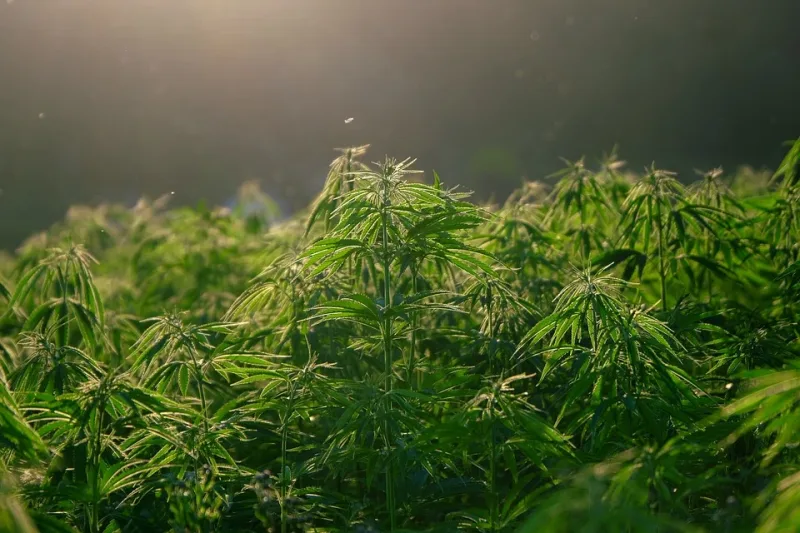
-
Medicinal Regulation of CBD
CBD is used for several medical purposes. It is used to treat anxiety, insomnia, and even chronic pain. However, its use for medical purposes isn’t completely free and is subject to various regulations. In case you intend to consume a product with a THC threshold greater than 1%, narcotics law will apply. Also, its production, sale and use are subject to authorization by the Federal Officer for Public Health. On the other hand, products with less than 1% THC concentration are only subject to general medicinal regulations.
-
General Rules Regarding the Use of CBD Products
- Buyer must be above the age of 18 years.
- As a business, you cannot advertise or guarantee any medical or healing effects of the products that you sell; and
- Federal officers advise to not drive after having consumed any such product.
Federal officers advise against driving because the legal threshold of THC in blood gets easily violated. However, there exist some products which are either highly low on THC or do not have THC at all. In case you are consuming such a product, then you are fit enough to drive.
Production of CBD

Ever since the production of hemp was legalized in August 2016 in Switzerland, production has become extremely easy. You are no longer required to obtain a license if your plant doesn’t exceed the 1% THC threshold. In fact, you can grow CBD both indoors as well as outdoors. This 1% THC threshold has significantly driven up the product quality in Switzerland. However, outdoor production has been a little challenging in Switzerland. This is primarily owing to the extreme weather conditions in some parts of the country. Significantly harsh climate can have a deterrent effect on the hemp plant and destroy it. As a result, manufacturing companies have had to be cautious in their approach.
Companies like SlowWeed have been producing several products like oils, flowers, cosmetics, tea, etc. in a natural & sustainable manner. To ensure that quality isn’t compromised, the use of chemicals has been minimized in the production of these products. By doing so, these companies have been able to produce high-quality products like the ones being produced indoors. A testimony to the same is the fact that CBD flowers produced by Slow Weed won the award for Best Outdoors of 2024. These are produced naturally to ensure the highest quality and are low on THC.
Undoubtedly, the CBD industry is likely to grow by leaps and bounds in Switzerland. The legislative backing and political support combined with high quality products is a business model to look forward to.

